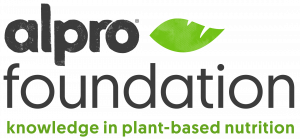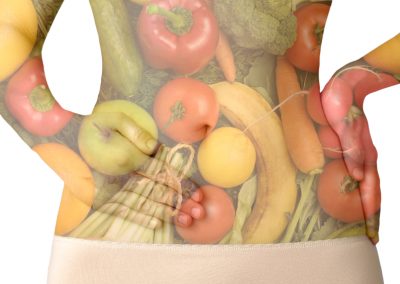Free
4 hours
The Truth about Plant Protein
17 November 2022
13:00 – 17:00 GMT 14:00 – 18:00 CET
4 hours
The Truth about Plant Protein
17 November 2022
13:00 – 17:00 GMT 14:00 – 18:00 CET
4 hours
Free
4 hours
OPEN TO ALL HEALTH PROFESSIONALS, TUTORS AND STUDENTS
ALPRO FOUNDATION ANNUAL ONLINE SYMPOSIUM 2022
Dietary guidelines recommend increasing the consumption of plant-based foods and lowering the consumption of animal-based foods both for health benefits and environmental sustainability. This is also endorsed by the EAT-Lancet.
But a main concern amongst public and also some health care professionals is often ‘what about the protein quality of plant-based diets?’
This e-symposium will review the protein and amino acid intakes in western diets and give information on adequacy and relevancy of plant protein. Differences in country specific recommendations will also be addressed . It will address the specific needs and considerations in relation to muscle protein synthesis particularly in sports and in older adults. It will also bridge the health and environmental aspects of moving to more plant-based diets (with the emphasis on protein). Finally, the widespread challenge – HOW do we help people move towards a more plant -based diet and at speed will be addressed. This will include inspiration and sign posting for the practical consumption of more plant-based proteins that professionals can use in their daily communications.
WATCH THIS EVENT TO:
GAIN A CLEAR UNDERSTANDING OF:
- Overall nutrition of plant food sources of protein
- The quantity and quality of plant proteins in western diets
- Plant protein sources and health with particular reference to:
• Muscle protein synthesis
• Later life
• Sarcopenia - Plant based eating and sustainability
- How to break down barriers and motivate consumers to eat more plants
BE AWARE OF
- Plant protein and health outcomes
- Complementary proteins – latest evidence
- The role of the non-essential amino acids
- Balanced amino acid provision
- Differences in country specific recommendations of plant-proteins
- Total protein versus protein type for muscle synthesis
- The ideal plant protein blend
- The evidence for resistance training versus protein type
- Longevity and plant-based eating
- Sarcopenia and plant–based protein
- The inefficiencies in concerting plant protein to animal protein
- Current challenges and forecast for plant protein production to feed the world population
BE ABLE TO
- Ask questions to further understanding
- Reflect on your current advice and communications on plant proteins
- Understand how to support citizens and alleviate concerns by addressing barriers and enablers in transitioning towards a plant-based way of eating
- Learn about how to help citizens address barriers and enablers in transitioning towards a plant-based way of eating
This half day e-symposium welcomes international experts to explore the very latest evidence and practice.
This popular annual and highly esteemed Alpro Foundation Symposium is designed to bring together all professionals working across the health and food systems as well as tutors and students across the UK Ireland and Europe with the aim of addressing the latest hot topics in plant-based eating for health and planet. This year’s event will include an online networking opportunity for those attending the live event.
Help us to continue providing expert nutrition learning
If MyNutriWeb has helped you deepen your knowledge of dietary and nutritional subjects, join us to help support and educate people to eat well for themselves and the planet. Read more...
CHAIRS:
• Professor Ian Rowland, Emeritus Professor of Human Nutrition, University of Reading
• Elphee Medici, Nutrition Expert, Nutrilicious

Programme outline
Chair’s Welcome and Introductions
Professor Ian Rowland
Emeritus Professor of Human Nutrition, University of Reading
Professor Ian Rowland’s biography

Elphee Medici
Nutrition Expert, Nutrilicious
Elphee Medici’s biography
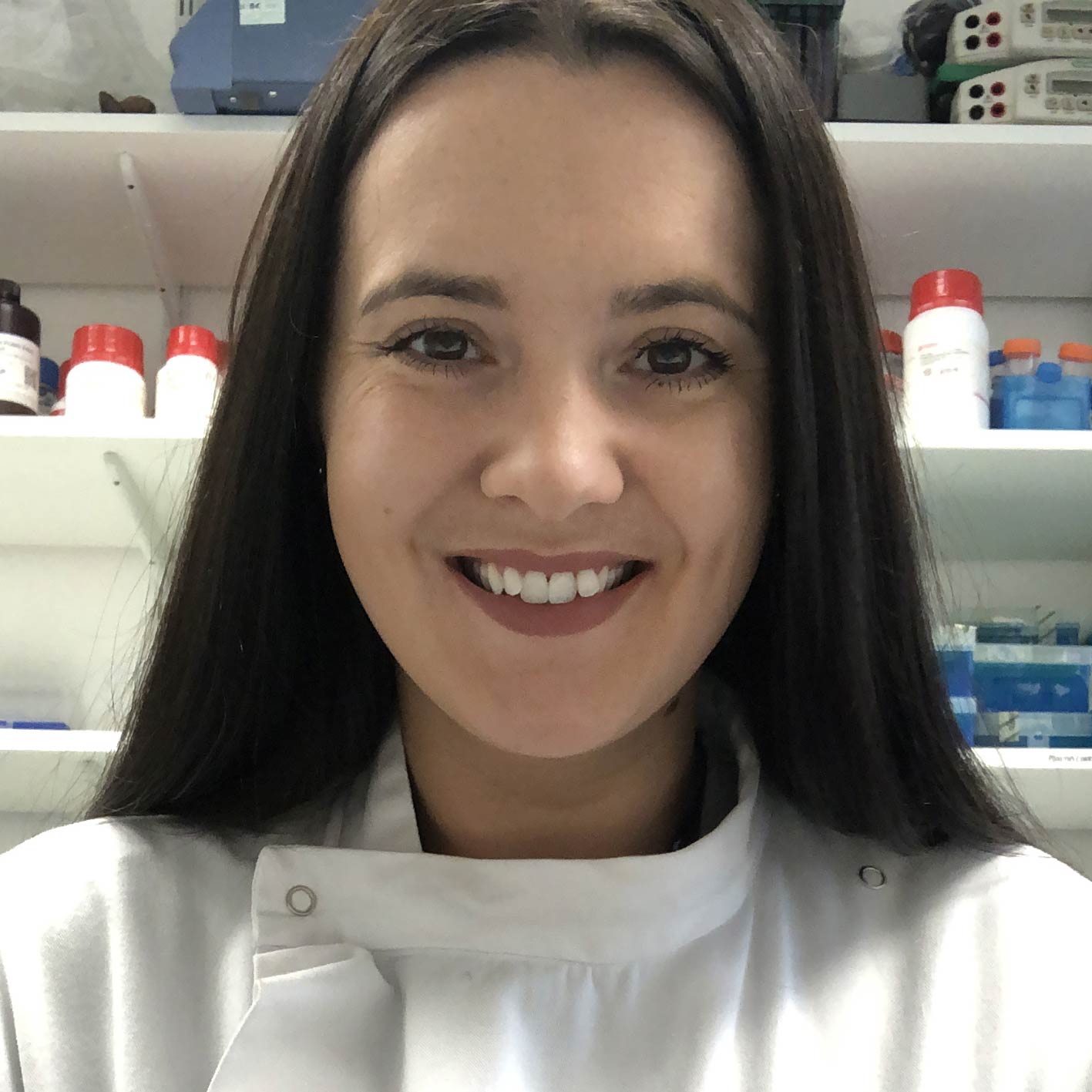
Understanding dietary protein quality and intake
Dr Colleen Deane
Lecturer in Muscle Cell Biology, Human Development & Health, Faculty of Medicine, University of Southampton
Dr Colleen Deane’s biography
Session Outlines
This session will cover:
- Why we need dietary protein (muscle / bone)
- How does the body process dietary protein into amino acids?
- Protein classification and requirements (inc amino acid classification, conditional AA, etc)
- Do we eat sufficient protein in the Western diet?
- What is the current balance of animal vs plant protein in Western diets?
- Protein quality (anabolic response to protein in muscle, AA score, PDCAAS, DIAAS) Is the scoring fit for purpose?
- Plant proteins and essential amino acids
- Whole diet approach versus complementary proteins – is complementary protein needed anymore?
- The role of the non-essential amino acids eg collagen protein, arginine. What are conditionally essential AA?.in terms of nutritional, metabolic and functional perspectives (Reed PJ, 2000)
- Animal versus plant protein for muscle health (i.e., impact of animal and plant protein sources on muscle mass, muscle protein synthesis etc) Whole diet approach: lot of intervention studies
- compare whey protein with plant protein. How does whey compare to animal protein in the diet?
- Is there an ideal protein intake, blend or amino acid profile for building muscle?
- Blended protein approaches for muscle health (i.e. mix of plant/plant proteins, animal/plant proteins).
Learning objectives:
GAIN CLEAR UNDERSTANDING OF:
- Importance of dietary protein for muscle health
- Protein scoring methods
- Differences between animal and plant proteins for supporting muscle health
BE AWARE OF:
- Amino acid classification
- Differences between protein scoring methods
- Differences between protein sources
BE ABLE TO:
- Articulate the importance of dietary protein for health
- Articulate the impact/importance of different protein sources
- Appreciate the role of blended approaches
View Dr Colleen Deane’s talk (30 mins CPD)

Plant protein and sports
Professor Benjamin Wall
Professor of Nutritional Physiology, Sport and Health Sciences, University of Exeter
Professor Benjamin Wall’s biography
Benjamin Wall obtained his BSc from the University of Birmingham and his PhD from the University of Nottingham Medical School, where his thesis addressed the integration of fat and carbohydrate metabolism during exercise. Thereafter, Benjamin worked as a post-doctoral fellow at Maastricht University Medical Centre in the Netherlands where he studied the nutritional regulation of muscle mass in health and disease before taking up a faculty position at the University of Exeter, UK, in 2013. Benjamin is now a Professor of Nutritional Physiology at the University of Exeter, where his research interests concern how nutrition and physical (in)activity influence muscle mass, metabolic health and performance in a variety of populations. A particular interest is placed on developing an evidence base around novel and sustainable dietary protein sources in various populations.
Session outlines
This session will cover:
- Regulation of muscle mass via nutrition and exercise
- Understanding the factors that dictate the anabolic potential of a protein source
- Describe the empirical evidence available (or required) in support of differing protein sources within sports nutrition
- Scientific methods to evaluate the efficacy of protein sources
- Data available in support of animal, plant and alternative protein sources I support of muscle reconditioning
- Differing level of importance of total and type of protein for training individuals
- Describe what constitutes a high-quality dietary protein source
- Discuss the relevance of total and type of dietary protein to support training adaptations
- Consider what the future may hold for diversity of proteins within sports nutrition
View Professor Benjamin Wall’s talk (30 mins CPD)

Nutrition and plant proteins in later life
Professor Lisette de Groot
Professor in ‘Nutrition and Ageing, with due attention for older adults’, Wageningen University, The Netherlands
Professor Lisette de Groot’s biography
Prof Lisette de Groot, PhD is Professor in ‘Nutrition and Ageing, with due attention for older adults’ at the Wageningen University. Her research aims to identify dietary strategies that optimize nutritional health status to slow down or reverse stages preceding ageing related pathologies (cognitive decline, sarcopenia, osteoporosis) as to preserve functional health and quality of life.
Session outlines
This session will cover:
- Ageing and nutritional concerns
- Protein needs and sarcopenia later in life
- The impact of shifting towards more plant-based diets on muscle mass and strength
Learning objectives:
GAIN CLEAR UNDERSTANDING OF:
- Ageing and specific nutrient needs later in life
- Protein needs for the maintenance of muscle mass and function
- The potential of blending plant protein sources
BE AWARE OF:
- Current intakes of animal and plant based proteins in older adults from Western populations
- The heterogeneity of the older population
- Challenges in improving protein intakes of older adults
BE ABLE TO:
- Work towards tailored nutritional guidance for older adults
View Lisette de Groot’s talk (30 mins CPD)

Protein shift for planet-based diets
Dr Corné van Dooren
Senior advisor sustainable diets, WWF-NL
Dr Corné van Dooren’s biography
Corné van Dooren is senior advisor sustainable diets at World Wildlife Fund Netherlands (WWF NL). Prior to this, he worked as a sustainable food expert at the Dutch Nutrition Centre (Voedingscentrum). He studied human nutrition at the Wageningen University and finished his PhD at the Institute for Environmental Studies, VU University Amsterdam ‘Simultaneous optimisation of the nutritional quality and environmental sustainability of diets’.
Session outlines
This session will cover:
- Impact of protein choices and production sources on planetary boundaries
- Protein sources from optimisation studies
- Adequate protein intake in an environmentally sustainable way
- What is the ideal plant-protein ratio in the diet for a healthy planet
Learning objectives:
GAIN CLEAR UNDERSTANDING OF:
- The environmental impact of different protein sources
- The relation between protein choices and planetary boundaries
- What a planet-based diet looks like
BE AWARE OF:
- The effect of plant-based choices on protein quality
- The cultural acceptability of more plant-based diet
- Loss of biodiversity through Western diets
BE ABLE TO:
- Advise nutritional adequate plant-based foods
- Inform about the impact of animal-based foods
- Explain what a planet-based diet is
View Dr Corné van Dooren’s talk (30 mins CPD)

How to help people move to a more plant-based diet
Dr Marie Ahluwalia, MD
Doctor, Nutritionist, Author
Dr Marie Ahluwalia, MD’s biography
Session outlines
Session outline and learning objectives:
This session will cover:
- A look at what consumers are currently eating versus what is recommended
- Barriers
- Motivators
- Top tips and inspiration for
– 1-2-1 situations
– Gov
– Organisations
– Media
Learning objectives:
Gain clear understanding of:
- Definition of a plant-based diet vs. what it is not
- Plant based nutrition in relation to national and international guidelines
- Why is it important to move towards a more plant-based approach? health outcomes / sustainability/ ethics
Be aware of:
- Where are we standing right now with regards to plant-based nutrition: what are consumers eating vs what is recommended, focus on plant protein
- nutrition education is an important part to drive health behaviour change: Where to start to move plant based?
- Main barriers for individuals to move towards a more plant-based diet
Be able to:
- Communicate the role of a plant-based diet for one’s health to patients/ clients/ audience
- Translate scientific insights to actionable nutrition advice
- Address main barriers of behaviour change
View Dr Marie Ahluwalia’s talk (30 mins CPD)
CPD CERTIFICATE & LEARNING MATERIALS
This symposium has been approved for CPD by the AfN
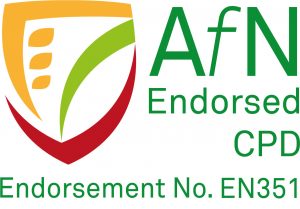
You are welcome to attend individual sessions. CPD certificates will be issued based on length of total time attended.
Webinar slides and links to other key resources will be sent within a week of viewing the live webinar, along with a separate personalised CPD certificate to save for your files. Add hello@mynutriweb.com to your safe senders to ensure you receive them.
This webinar is being run in association with Alpro Foundation.
About Alpro Foundation
Alpro Foundation is an independent non-profit organisation that was founded in 1996 in order to support scientific research into nutrition and to promote knowledge and awareness of plant-based nutrition, health and sustainability. Various resources for academics, health professionals and students can be found on their website www.alprofoundation.org
Please note, approval of each sponsor and activity is carefully assessed for suitability on a case by case basis. Sponsorship does not imply any endorsement of the brand by MyNutriWeb, its organisers, its moderators or any participating healthcare professional, or their association. Sponsorship funds are reinvested into the creation and promotion of professional development opportunities on MyNutriWeb.
Popular Now
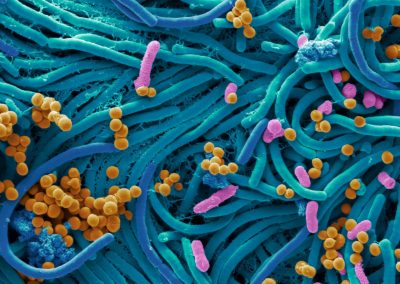
Natalie Yerlett: The Gut: Skin Axis

Semaglutide and Weight

The Microbiome of IBD and CD
Feature in a Webinar
Webinar guest experts encompass topics relevant to all professionals and change agents in food and health, across all health and business sectors.
Would you like to feature in a webinar, or propose a guest expert?
Sponsor a webinar
MyNutriWeb offers organisations and brands an opportunity to sponsor topics, gaining valuable insights into the viewpoints of professionals within a moderated environment. If there is a topic that you would like to support please get in touch to discuss.
This website is intended only for students or professionals working in food, nutrition and health. If this is you, please click to continue.

